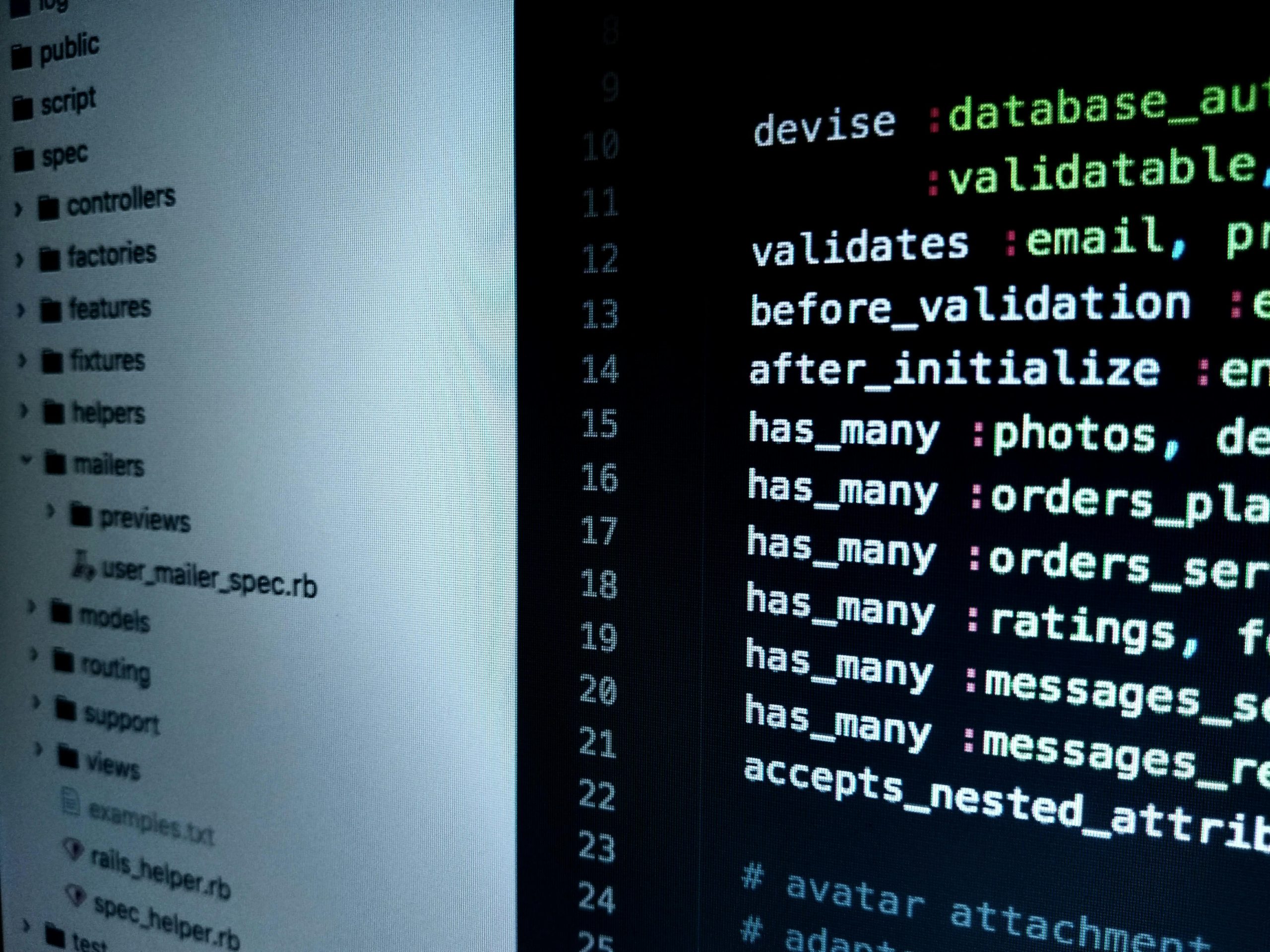In the fast-paced world of blockchain technology, securing digital assets is a top priority for developers and investors. A smart contract audit is a crucial process that evaluates the security, functionality, and performance of smart contracts, ensuring your decentralized applications are robust, reliable, and resistant to vulnerabilities. Web3Tech provides comprehensive smart contract audit solutions designed to protect your blockchain projects and maintain user and investor confidence.
Why Smart Contract Audits Are Essential
Smart contracts govern transactions and operations within blockchain networks, often handling significant value. Any flaw in the code—whether a logical error, security vulnerability, or inefficient implementation—can result in financial loss, reputational damage, or operational failure. Conducting a professional smart contract audit ensures that your contracts are secure, optimized, and compliant with industry standards.
Key Benefits of Smart Contract Audits
- Security Assurance: A rigorous smart contract audit identifies vulnerabilities before they can be exploited by malicious actors.
- Error and Logic Detection: Detects coding flaws, logical inconsistencies, and operational inefficiencies.
- Regulatory Compliance: Confirms that smart contracts adhere to legal and industry standards.
- User and Investor Confidence: Audited contracts instill trust and credibility, encouraging wider adoption of your blockchain platform.
The Smart Contract Audit Process
Comprehensive Code Review
The first step in a smart contract audit is a thorough review of the entire codebase. Auditors analyze each function, variable, and logic flow, combining automated scanning tools with manual inspection to detect vulnerabilities, inefficiencies, and logical errors.
Security Testing
Security testing simulates potential attack scenarios, including reentrancy, access control breaches, overflow/underflow issues, and other common exploits. This ensures that the smart contracts operate safely under real-world conditions and minimize potential risk.
Gas Optimization and Performance Evaluation
Efficient smart contracts improve usability and reduce operational costs. During a smart contract audit, auditors assess the code for computational inefficiencies, redundant operations, and storage issues, providing actionable recommendations to optimize performance and minimize gas consumption.
Reporting and Recommendations
Upon completion, a detailed report is generated highlighting vulnerabilities, risk severity, and recommended remediation steps. Developers can implement these insights to strengthen contract security, performance, and compliance.
Types of Smart Contract Audits
- Manual Audits: Conducted by experienced auditors to identify complex logic errors and subtle vulnerabilities.
- Automated Audits: Uses specialized tools to quickly detect known security issues.
- Hybrid Audits: Combines manual and automated methods for a comprehensive smart contract audit, ensuring maximum coverage.
Advantages of Professional Smart Contract Audit Solutions
- Risk Mitigation: Reduces potential financial and reputational losses.
- Optimized Performance: Ensures efficient execution of smart contracts, lowering transaction costs.
- Regulatory Compliance: Confirms adherence to industry standards and legal requirements.
- User and Investor Trust: Builds credibility and confidence, supporting broader adoption of your platform.
Choosing a Reliable Audit Provider
Selecting a trusted audit provider is critical for protecting digital assets. Web3Tech delivers expert smart contract audit solutions tailored to DeFi applications, NFT platforms, and other Web3 projects. Our experienced team ensures contracts are secure, efficient, and compliant, giving your blockchain platform the protection and trust it deserves.
Conclusion
Professional smart contract audit solutions are essential for safeguarding digital assets, ensuring compliance, and enhancing the reliability of blockchain applications. With Web3Tech, your smart contracts are meticulously evaluated, vulnerabilities are mitigated, and performance is optimized, enabling your decentralized applications to operate securely and efficiently in the competitive Web3 ecosystem.



